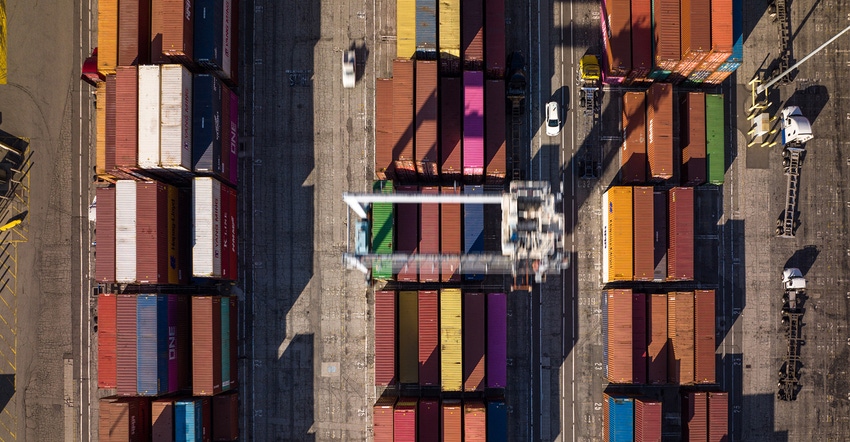Major West Coast ports experiencing shutdowns
Biden Administration asked to mediate contract negotiations.
3 Min Read

Halbergman/iStock / Getty Images Plus
About the Author(s)
Subscribe to Our Newsletters
Feedstuffs is the news source for animal agriculture
You May Also Like





